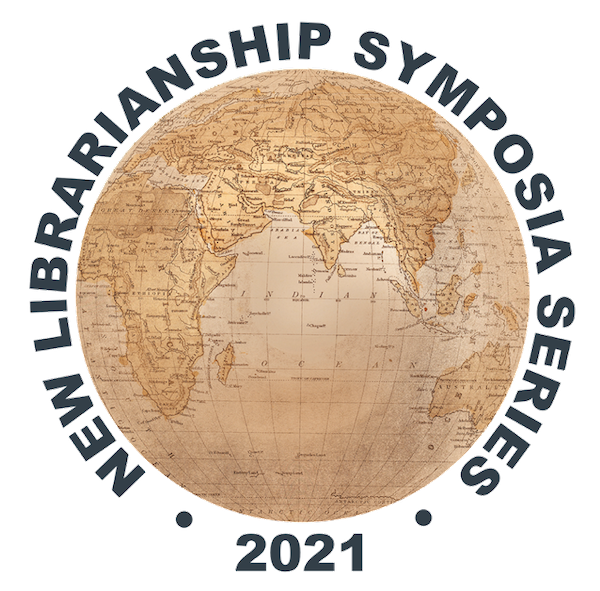Decolonising the school library: Embedding indigenous authority, advocacy, and power in information and learning spaces
Abstract
NZ is a country grappling with its history of settler-colonialism. The Ministry of Education considers indigenous Māori students ‘priority learners,’ as historically they have been severely neglected and harmed by the education system. As the school with the largest Maori student population in New Zealand, Manurewa High School is committed to decolonising and indigenizing the school’s curriculum, marking a radical departure from earlier, Western-controlled models of teaching in a collaborative effort to transform the school’s culture and lead to improved outcomes for Māori students. The school as a whole needs to ensure achievement as well as understanding of all its staff and students of the principles of the Treaty of Waitangi, New Zealand’s founding document signed between the Crown and many Māori chiefs representing the indigenous population. The school library is therefore integral to the process of decolonisation and re-indigenization. This means moving away from the traditional Anglocentric model of librarianship, which centers Western experience and prioritises Western-produced knowledge over all other forms, building upon new understandings, and implementing new sustainable practices with the intention of cultural overhaul (Morehu 2018).
What is the way forward within the new educational structure? How do we create a collection responsive to the needs of our Māori students? Crucially, how do we avoid tokenism? It is all too easy to fall into the trap of thinking that it is sufficient to order x number of titles by writers of Māori descent to display commitment to equity, diversity, inclusion. That does not come close to addressing the blatant inequities ingrained in the library system, design, and model of service. How do we go about dismantling a structure rooted in white supremacy? How do we apply the principles of the Treaty of Waitangi in our daily practice, ensuring Māori students are at the center of the practice? How do we incorporate indigenous paradigms like wanaanga and hauora into our day to day work? We cannot address our history of institutional racism, erasure and censorship of indigenous intellectual traditions, and negligence of Māori patrons, without learning from the mistakes of the past with an eye towards a more equitable future.
Decolonising the school library: Embedding indigenous authority, advocacy, and power in information and learning spaces
NZ is a country grappling with its history of settler-colonialism. The Ministry of Education considers indigenous Māori students ‘priority learners,’ as historically they have been severely neglected and harmed by the education system. As the school with the largest Maori student population in New Zealand, Manurewa High School is committed to decolonising and indigenizing the school’s curriculum, marking a radical departure from earlier, Western-controlled models of teaching in a collaborative effort to transform the school’s culture and lead to improved outcomes for Māori students. The school as a whole needs to ensure achievement as well as understanding of all its staff and students of the principles of the Treaty of Waitangi, New Zealand’s founding document signed between the Crown and many Māori chiefs representing the indigenous population. The school library is therefore integral to the process of decolonisation and re-indigenization. This means moving away from the traditional Anglocentric model of librarianship, which centers Western experience and prioritises Western-produced knowledge over all other forms, building upon new understandings, and implementing new sustainable practices with the intention of cultural overhaul (Morehu 2018).
What is the way forward within the new educational structure? How do we create a collection responsive to the needs of our Māori students? Crucially, how do we avoid tokenism? It is all too easy to fall into the trap of thinking that it is sufficient to order x number of titles by writers of Māori descent to display commitment to equity, diversity, inclusion. That does not come close to addressing the blatant inequities ingrained in the library system, design, and model of service. How do we go about dismantling a structure rooted in white supremacy? How do we apply the principles of the Treaty of Waitangi in our daily practice, ensuring Māori students are at the center of the practice? How do we incorporate indigenous paradigms like wanaanga and hauora into our day to day work? We cannot address our history of institutional racism, erasure and censorship of indigenous intellectual traditions, and negligence of Māori patrons, without learning from the mistakes of the past with an eye towards a more equitable future.


